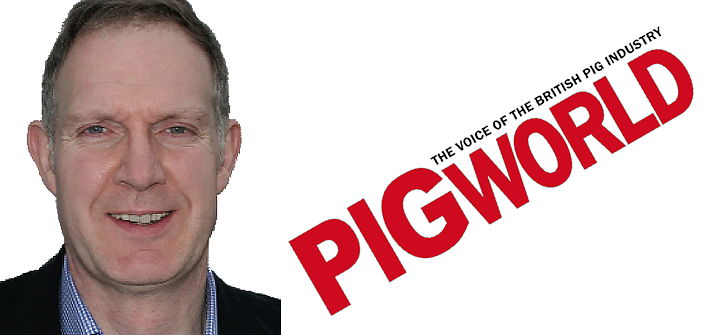A major report on how our planet feeds itself was released by the International Resource Panel (IRP) of the United Nations’ Environment Programme at the end of May. The summary of Food Systems and Natural Resources runs to 34 pages on its own, so it’s clear this is a serious analysis of the way that food is produced and consumed – and its message is pretty stark too: governments should tax meat production in order to stem the global rise in consumption and the environmental damage that goes with it!
That’s the view of lead author Professor Maarten Hajer, of the University of Amsterdam, who says that the world faces serious environmental problems if emerging economies such as China try to emulate Americans and Europeans in the amount of meat they eat.
“If we were all to copy the way in which we feed ourselves in North America or Europe [with meat], the planet would be in deep trouble,” he said.
Interestingly, Prof Hajer isn’t calling for a tax on meat sold in shops, but rather thinks people could be deterred from eating meat by increasing its price further up the supply chain.
“We think it’s better to price meats earlier in the chain, it’s easier,” he said. “It’s sexier to tax it at the consumer level, but not as effective.”
You may well wonder how that might work, but thinking of the current position in the UK, they’d just need to impose a headage payment on producers. We seem to be the only part of the supply chain that can’t pass our true costs of production down the line.
On a more positive front, the report also predicts a 14% increase in pig and beef consumption in the next 10 years, and a 20% rise in chicken and dairy consumption. This is good news for the livestock sector – although clearly if the IRP gets its way, it will be doing its best to restrict those increases.
Meat comes under the spotlight because it results in what the report calls disproportionate environmental costs. It found that the food farmed and transported to feed seven billion people is currently responsible for 24% of greenhouse gas emissions, and 60% of the loss of species around the world.
“This report shows our current food system has to change because it’s not sustainable,” Prof Hajer said.
The answer, according to the IRP, is the development of resource-smart food systems. These will require the sustainable use of natural resources and the reduction of the environmental impacts.
Forewarned is forearmed, so it’s time to start positioning pigmeat as an efficient and environmentally friendly method of protein production. This includes reducing the production of greenhouse gases – both by capturing them before they reach the environment and by reducing them through better feed conversion – and by reducing the industry’s reliance on high-quality protein crops like soya that could feed the human population.
The full report can be found by CLICKING HERE




